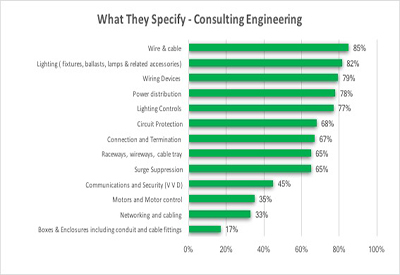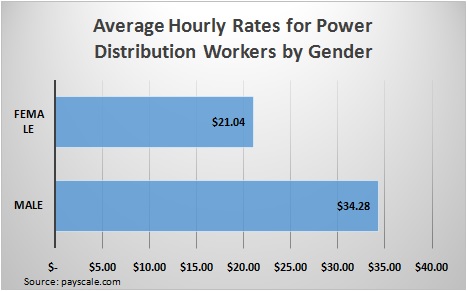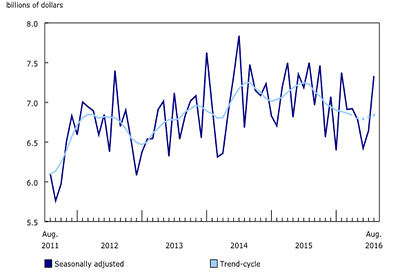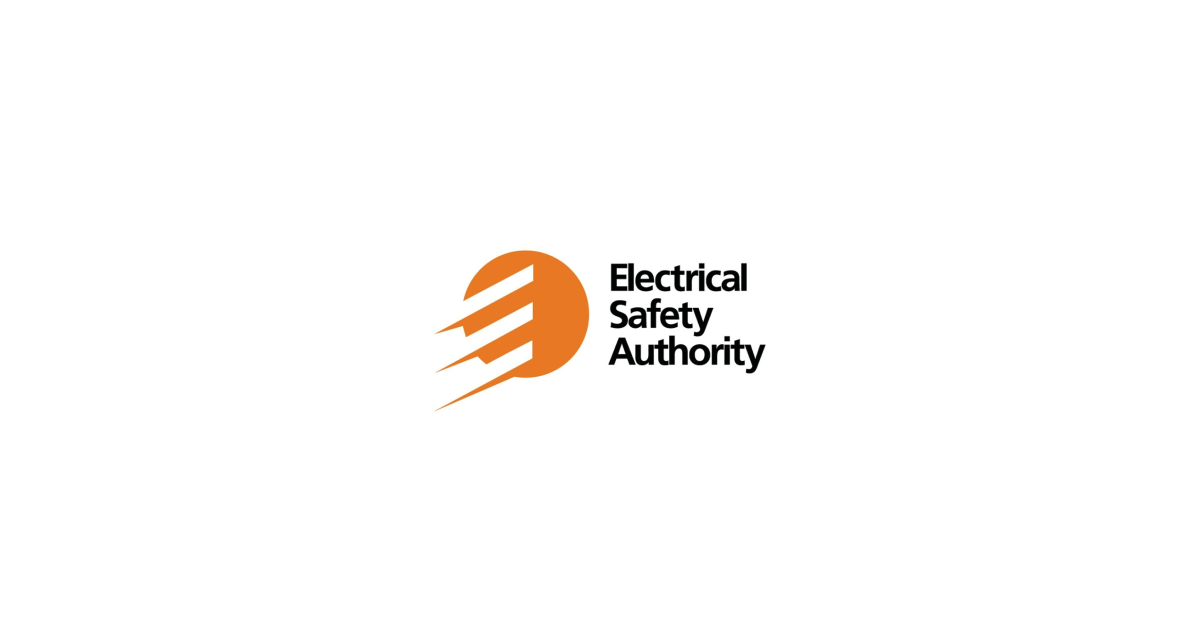Survey Says: What Products Consulting Engineers Specify





Many people thrive on the freedom that comes with working alone, but with that freedom come risks. What if something goes wrong? For those of you who work on your own, or employ others who work on their own, here are eight steps that can help reduce the risk of something going wrong and ensure support is available when needed…

Men are still receiving a substantially higher hourly rate than women in Canada’s power distributon sector.


Municipalities issued $7.3 billion worth of building permits in August, up 10.4% from July. This marked the second consecutive monthly increase. The gain was mainly attributable to higher construction intentions in Quebec, Ontario and British Columbia.

December 8, 2025 CLE 2025: Sparking New Ideas, Collaborations & Partnerships That Will Continue Shaping the Future of the Canadian Lighting Industry By: Adora Hartley 2025 has been a year full of major events and changes, both in Canada and abroad, creating new opportunities for partnerships, solutions and market growth. In regards to the Canadian… Read More…
![Guide to the Canadian Electrical Code, Part 1[i] – A Road Map: Section 52 — Diagnostic imaging installations](https://electricalindustry.ca/wp-content/uploads/2022/11/Guide-CE-Code-2.png)
Rule 52-000 Scope – states that Section 52 is a supplementary or amendatory section of the code and applies to the installation… Read More…

November 28, 2025 By Electro-Federation Canada Canada’s electrical industry is navigating a period of significant change shaped by global uncertainty, evolving trade dynamics, and accelerating investment needs at home. During Electro-Federation Canada’s (EFC) Economic Forecast Webinar in September, two leading economists outlined trends that continue to influence the industry as businesses look toward 2026. The… Read More…

December 8, 2025 This year marked ESA’s 20th Annual Licence Holder Meeting — a milestone celebrating two decades of collaboration, innovation and safety leadership made possible by Ontario’s licence holder community. The meeting was held on Wednesday, November 26, 2025 Agenda Highlights Watch a recording of the 2025 Licence Holder Meeting. Read More…

December 8. 2025 Schneider Electric unveiled new global research titled “Open vs. Closed: The $11.28 million Question for Industrial Leaders.” The report reveals that closed industrial automation systems are quietly eroding competitiveness, costing mid-sized organizations an average of 7.5 per cent of their revenue. The research, conducted by Global Analysts firm Omdia, highlights how these costs… Read More…

December 8, 2025 Amendments to modernize the Energy Efficiency Act have been introduced in the Senate. First passed in 1992, the Act aims to reduce the overall energy consumption of energy-using products and allow consumers to make informed purchasing decisions. Since 1995, Canadian households, businesses and industries have saved over $110 billion as a result of regulations… Read More…

December 8, 2025 B.C.’s economy is expected to grow at a measured pace despite instability and uncertainty in the global economy. “Unjust and unpredictable trade policies have upended global relationships and shaken investor confidence across the world,” said Brenda Bailey, Minister of Finance. “We’re leaning into our strengths, like our natural resources and our skilled… Read More…

December 8, 2025 As the BC Legislature wraps up the final week of the Fall session, BCCA is very pleased to see Bill 20 receive Royal Assent and officially become the Construction Prompt Payment Act, SBC 2025, c 24. This marks a significant milestone for BC’s construction sector. This achievement reflects decades of consistent, principled… Read More…
This project is funded [in part] by the Government of Canada.
Ce projet est financé [en partie] par le gouvernement du Canada.
